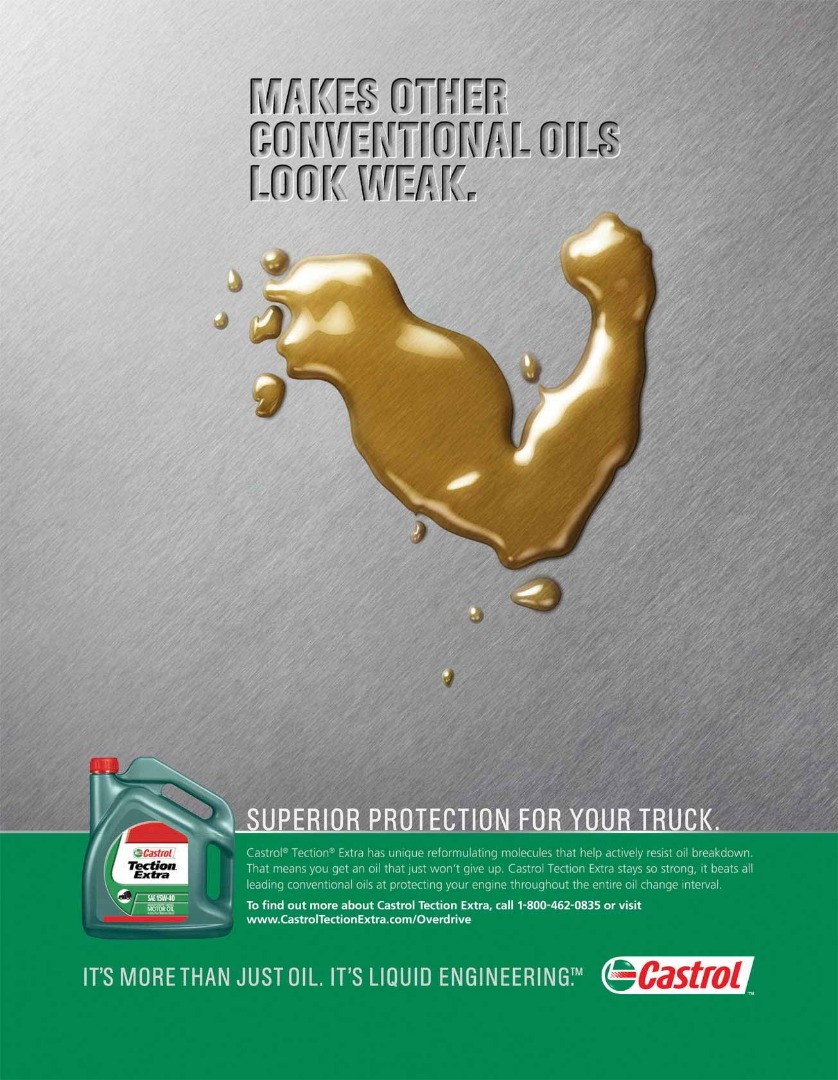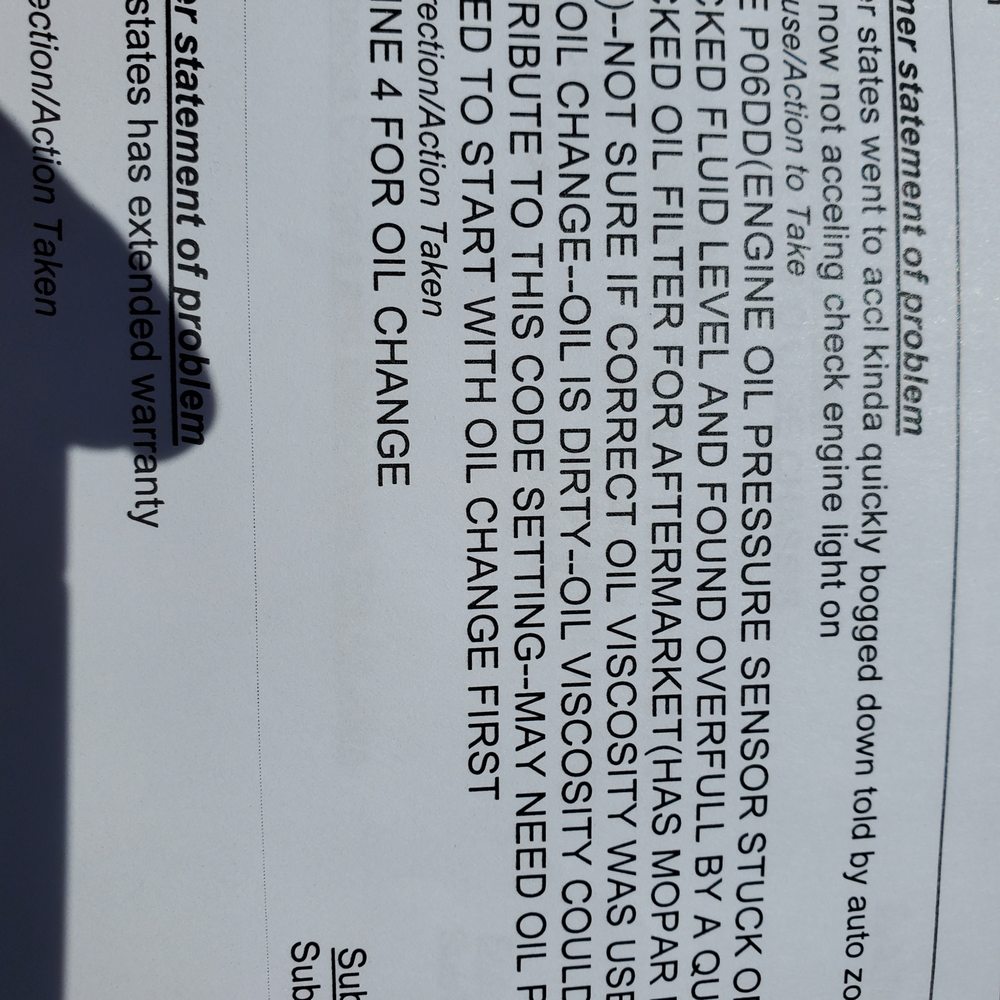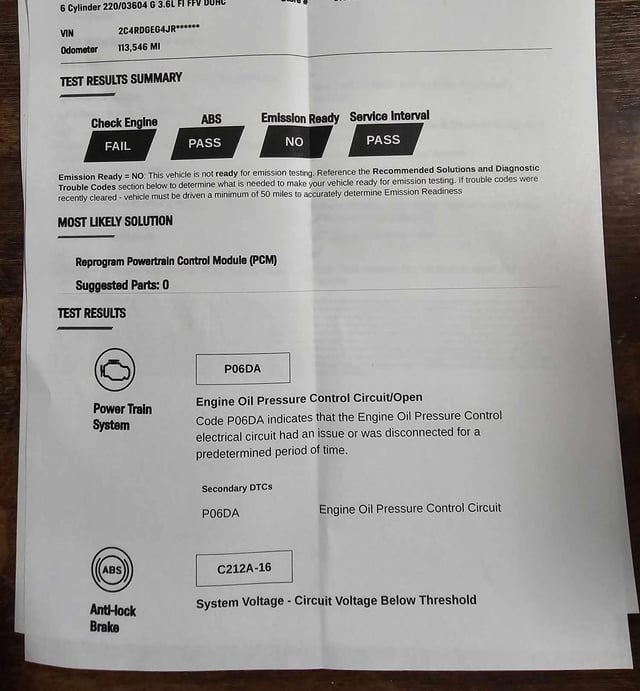Engine oil plays a crucial role in maintaining the performance and longevity of a vehicle’s engine. Understanding the effects of engine oil can help car owners make informed decisions about their maintenance routines. In this guide, we will explore the various effects of engine oil on a vehicle’s engine.
1. Lubrication
One of the primary functions of engine oil is to lubricate the moving parts of the engine. As the engine operates, the metal components rub against each other, creating friction. Engine oil forms a protective layer between these parts, reducing friction and wear. Proper lubrication ensures smooth engine operation and prevents premature mechanical failures.
2. Cooling
Engine oil also helps in dissipating heat generated during the combustion process. As the oil circulates through the engine, it absorbs heat from the components and carries it away. This cooling effect helps prevent the engine from overheating, maintaining optimal operating temperatures.
3. Cleaning
Another important effect of engine oil is its cleaning properties. Over time, contaminants such as dirt, dust, and metal particles can accumulate in the engine. Engine oil contains detergents and dispersants that help trap these contaminants and prevent them from causing damage. Regular oil changes are essential to remove these impurities and keep the engine clean.
4. Sealing
Engine oil also helps in maintaining proper sealing between the piston rings and the cylinder walls. The oil forms a film that fills the microscopic gaps between these components, preventing combustion gases from escaping and maintaining compression. A good seal is essential for engine efficiency and performance.
5. Corrosion Protection
Engine oil provides a protective barrier against corrosion and rust. The oil coats the metal surfaces inside the engine, preventing moisture and oxygen from causing oxidation. This protection is crucial for extending the lifespan of engine components and ensuring reliable performance.
6. Noise Reduction
Properly lubricated components result in reduced noise levels in the engine. Engine oil helps dampen the sounds produced by the moving parts, leading to a quieter and smoother operation. Regular oil changes and using the right type of oil can contribute to a quieter engine.
7. Fuel Efficiency
The choice of engine oil can also impact fuel efficiency. Using the recommended grade of oil and changing it at the recommended intervals can help improve fuel economy. Proper lubrication and reduced friction result in better engine performance, leading to lower fuel consumption.
8. Wear Protection
Engine oil acts as a protective barrier against wear and tear on engine components. The oil forms a cushioning effect between metal surfaces, reducing metal-to-metal contact and minimizing wear. This protection is essential for prolonging the life of the engine and its components.
9. Performance Enhancement
High-quality engine oil can enhance the overall performance of the engine. It helps maintain engine cleanliness, optimize lubrication, and protect against wear, leading to improved power delivery and responsiveness. Choosing the right oil for your vehicle can contribute to better performance.

Credit: lubricants.totalenergies.com

Credit: community.adobe.com
10. Environmental Impact
Engine oil can have environmental implications if not disposed of properly. Used engine oil contains contaminants and pollutants that can harm the environment if not recycled or disposed of correctly. Recycling used oil is essential to prevent pollution and protect the ecosystem.
Conclusion
Engine oil has a significant impact on the performance, durability, and efficiency of a vehicle’s engine. Understanding the effects of engine oil can help car owners prioritize regular maintenance and make informed decisions about oil selection and changes. By ensuring proper lubrication, cooling, cleaning, and protection, engine oil plays a vital role in keeping the engine running smoothly and extending its lifespan.
For more information on engine oil and its effects, consult your vehicle’s owner’s manual and seek advice from a qualified mechanic.


